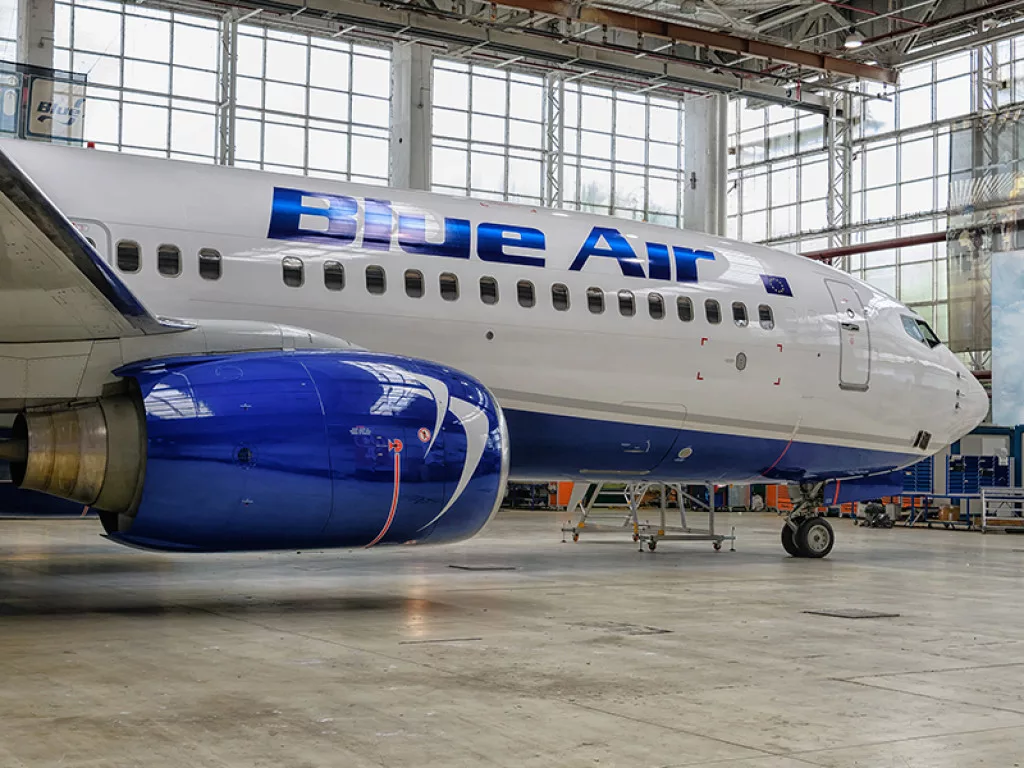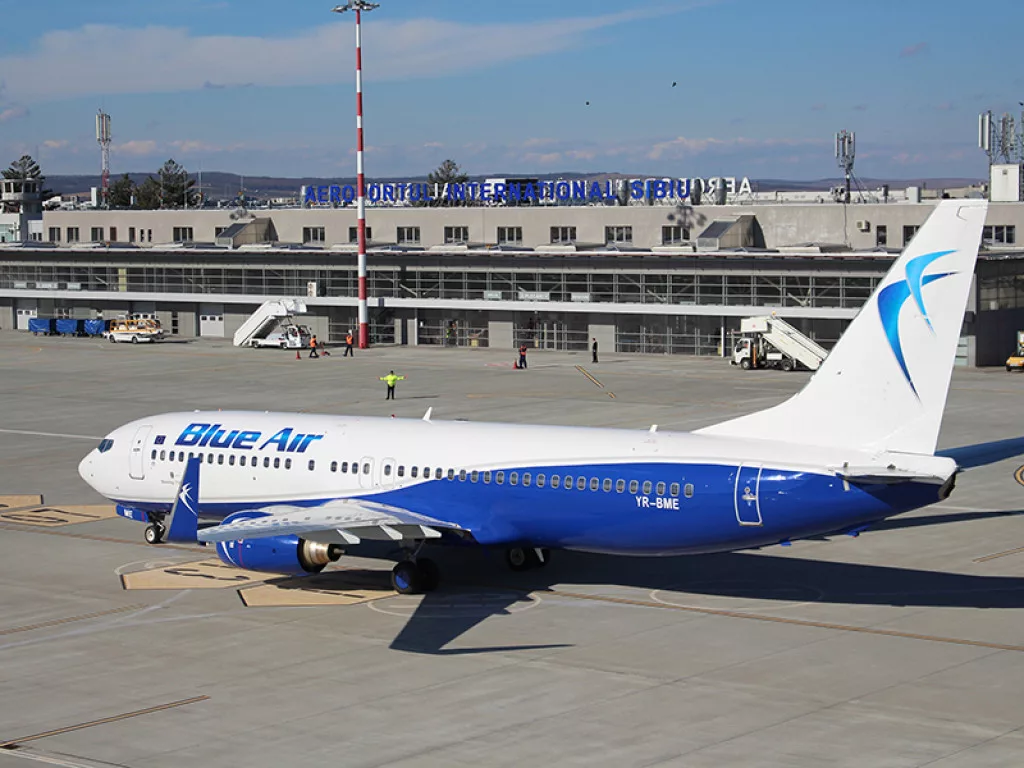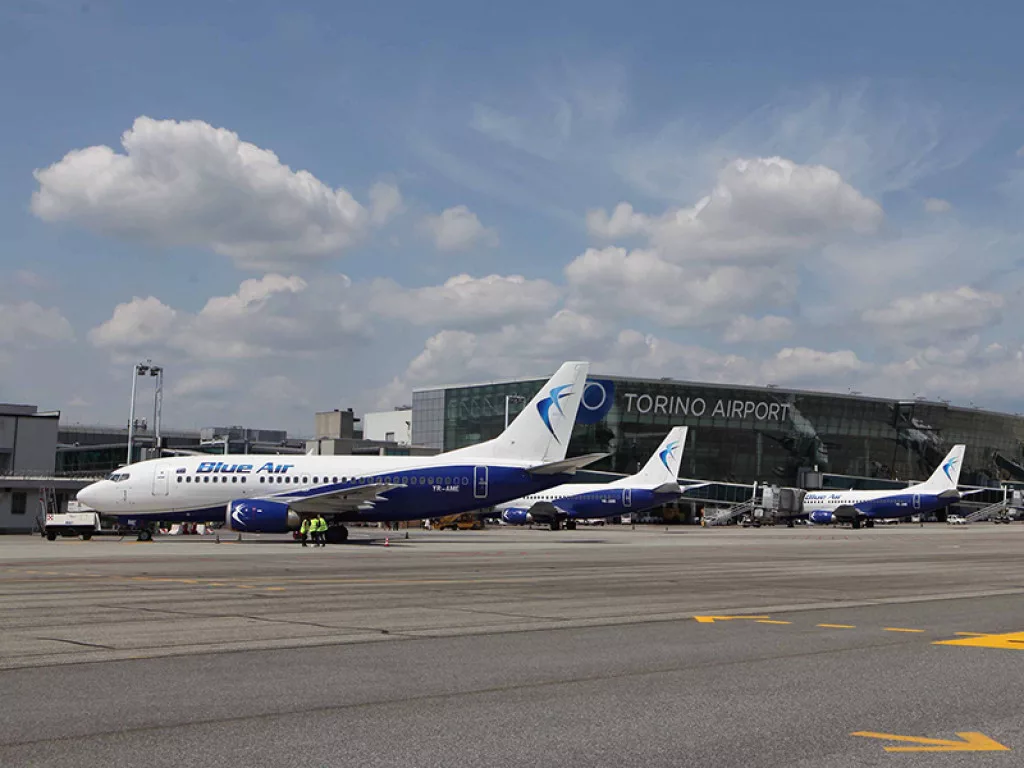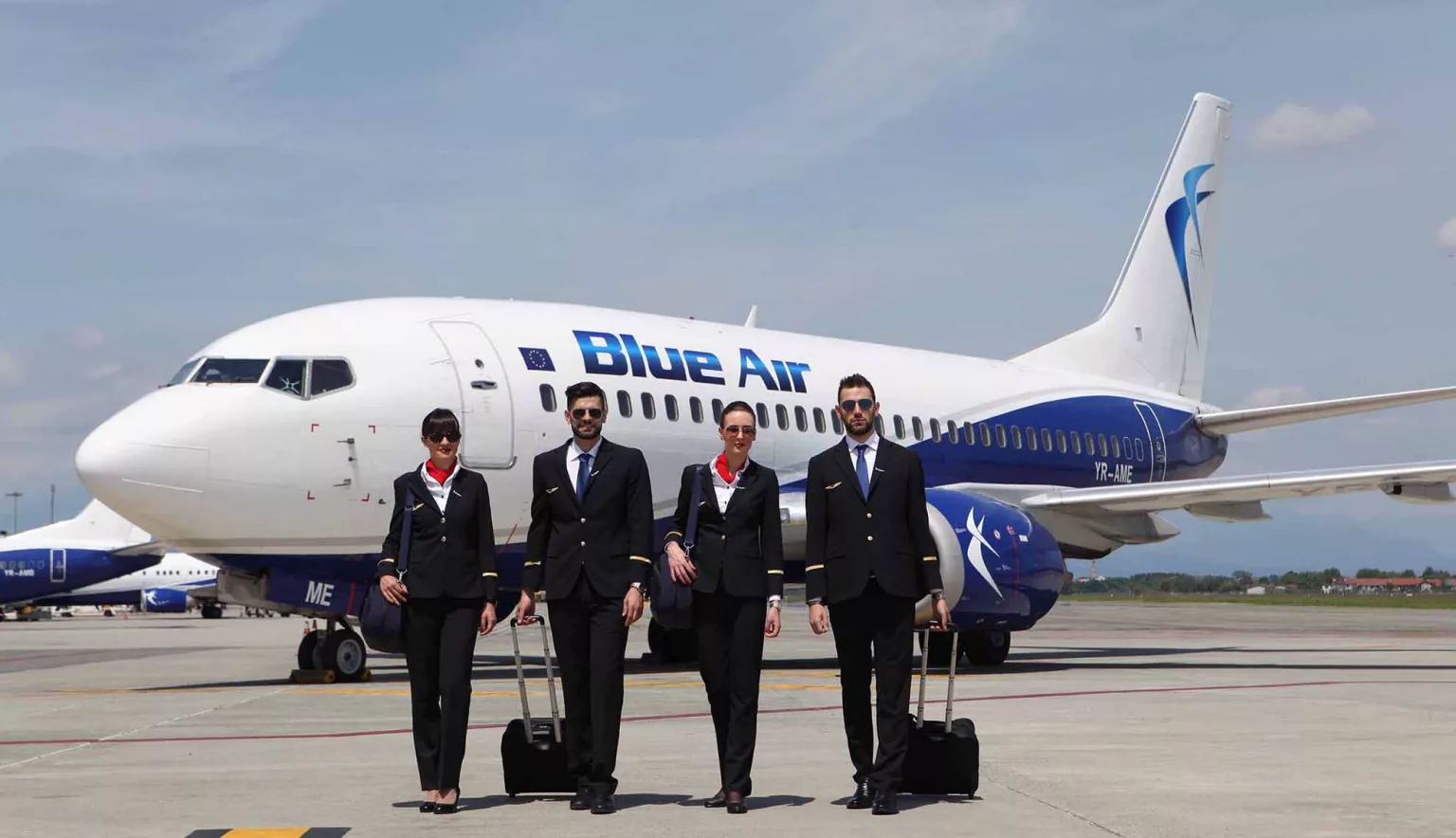Romania’s Blue Air is doing everything in its power to futureproof its business and help the country tackle the ongoing challenges caused by the COVID-19 pandemic.
RESPONDING TO A CRISIS
As 2019 was drawing to a close, almost nobody would have foreseen that international and domestic air travel would grind to a halt in the space of a few months.
Originating from a market in Wuhan, China, COVID-19 has engulfed much of the globe and will go down in history as the single defining element of 2020.
Its impact both in health and economic terms has already been enormous. With governments all around the world introducing restrictions on travel as part of lockdown measures to help contain the spread of the coronavirus, the aviation sphere has been hit especially hard.
The figures, even at this relatively early stage, are striking. During the week of April 20, 2020, the number of scheduled flights worldwide decreased by 66 percent in comparison with the week of April 22, 2019 – in Italy, year-on-year flights have dropped by 98 percent.
On March 22, 2020, airline capacity in Europe was down by almost 88 percent compared to the same day in 2019.
Before the start of the outbreak, this year was forecasted to see 4.72 billion air passengers take to the skies, activity worth $514 billion. According to some estimates, that figure is set to be slashed by $314 billion due to the coronavirus pandemic.
In Romania, carrier Blue Air has been forced to ground almost all flights during this extraordinary period.
“As well as in other parts of the world, the impact is strong and devastating,” comments Bogdan Menciu, the company’s Logistics Director.
“We were reducing flights every single day until one day, because of all the restrictions imposed by governments in Europe, we had to close all our regular flights and conserve our fleet.
“This is the biggest crisis in the aviation industry that I have ever seen, and I think that small airlines will be lost in the economic recovery process if they don’t receive financial support. The market will also be flooded by a wave of aviation professionals, from pilots and engineers to office personnel, which will have a great impact on the workforce.”
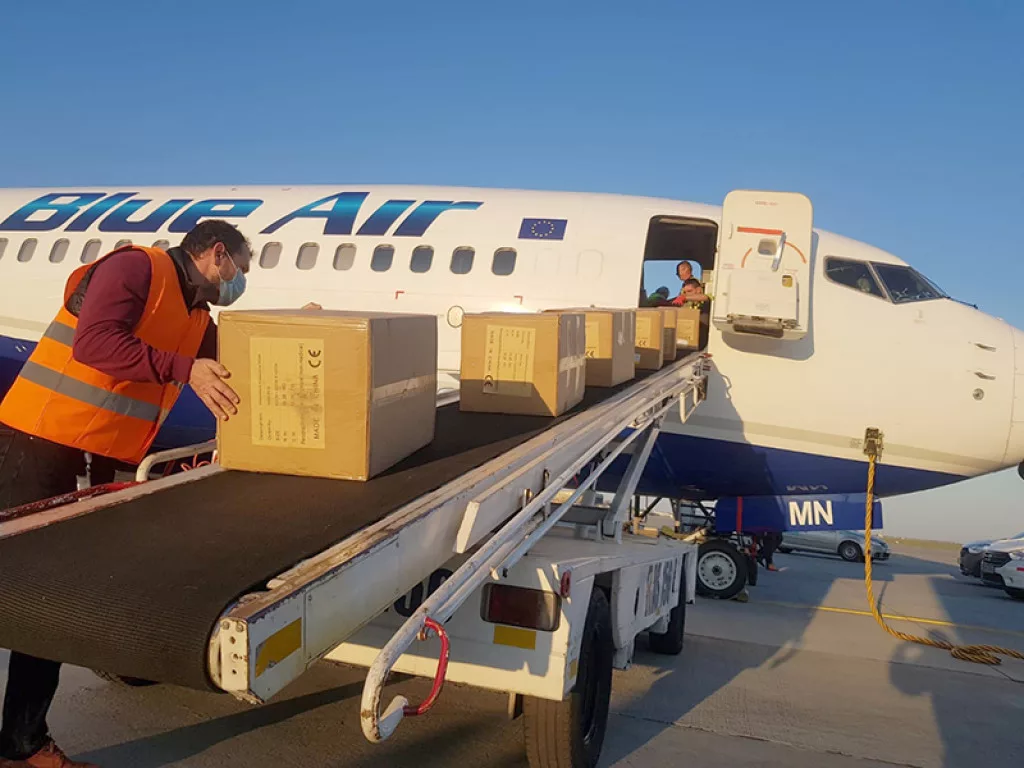
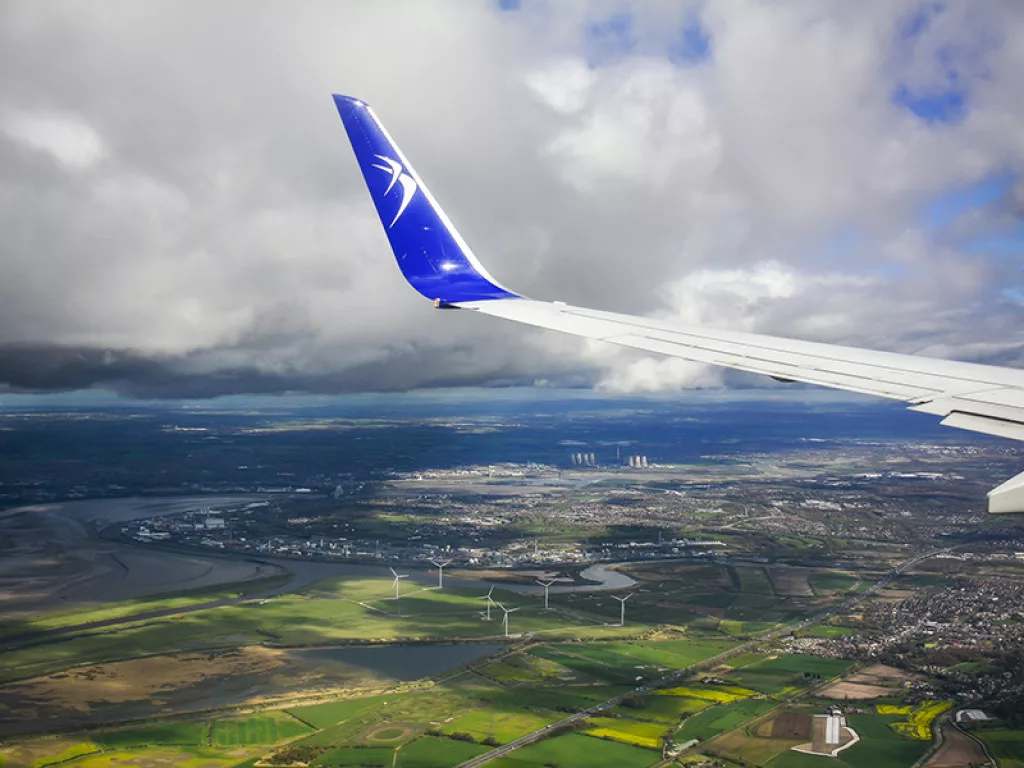
ANSWERING THE CALL
Blue Air’s response has been one of pragmatism and altruism.
First and foremost, the company’s leadership must ensure the viability of the firm moving forwards, which starts with conservation of its fleet, a process which began in March.
Maintenance and office operations have been temporarily scaled back, with those still working doing all they can to prepare for the next development in what is a unique situation that many will not have encountered before in their lifetime.
But Blue Air still has a vital part to play in Romania’s collective fight against COVID-19, and its ongoing efforts could well define the character of the company which emerges from the other side.
“We are committed to keep flying no matter what,” says CEO Oana Petrescu defiantly. “We have managed to convert some of our aircraft into cargo planes and we are flying special flights for humanitarian aid, as well as repatriation flights for Romanian citizens who are stuck abroad.”
“A person is not defined by the way he or she acts in a normal situation, but by the way they react under abnormal conditions. Times like this will define our character and make us stronger as individuals, as a team and as a company.”
Bogdan himself has lived and breathed the aviation industry for more than 20 years.
Brought up in a family already working in the sector, he has experience in numerous roles, from baggage handler to CEO in another Romanian Airline, initially joining Blue Air in 2010 before moving out of Romania to an Australian company for five years.
“In 2016 I have returned back to the Romanian airline industry, and my choice was obvious as Blue Air was the biggest airline in Romania in terms of fleet and passengers transported, and I know the team of dedicated professionals,” Bogdan says, going on to explain that the company’s people and passenger-centric approach to business is what sets it apart.
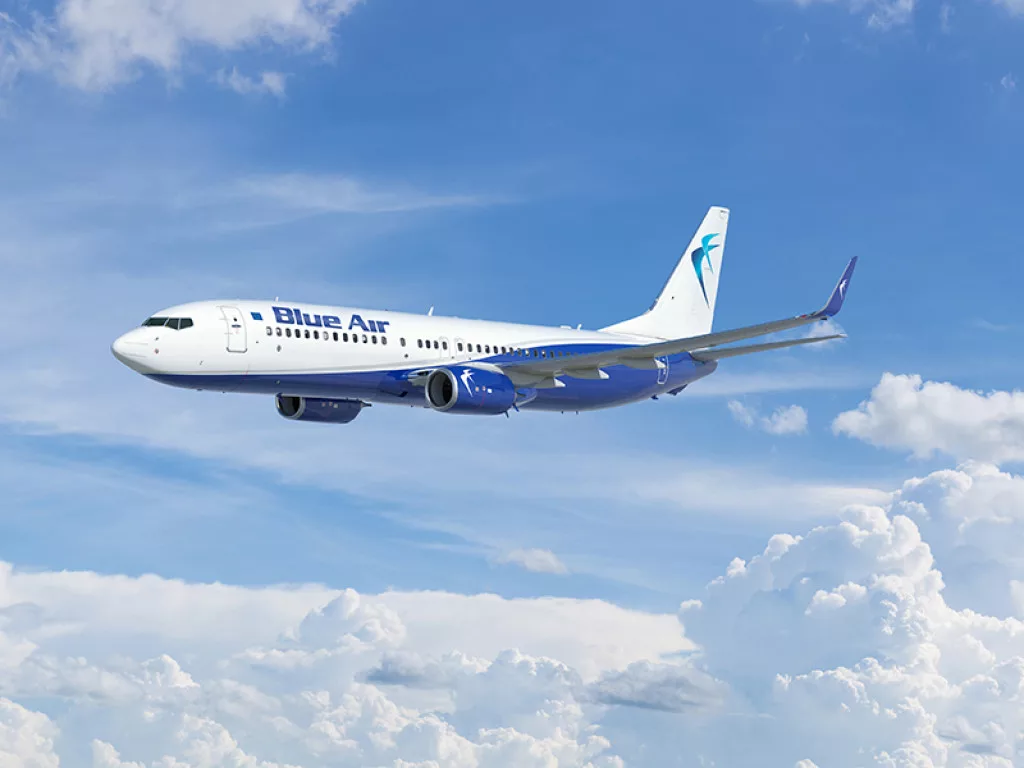
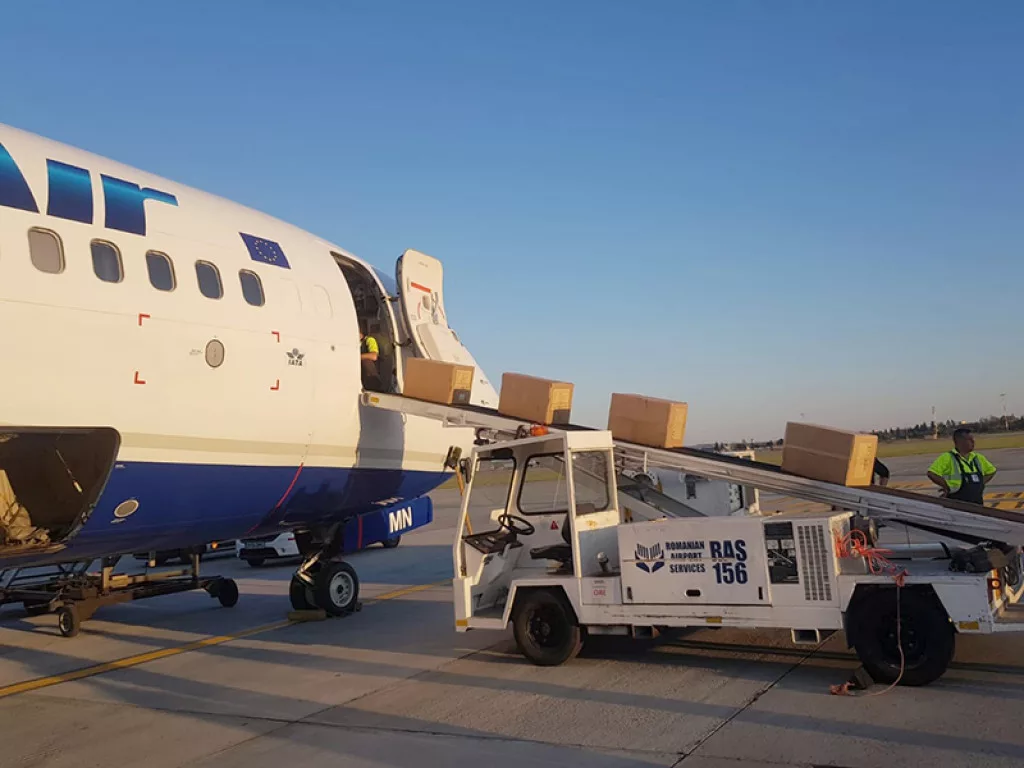
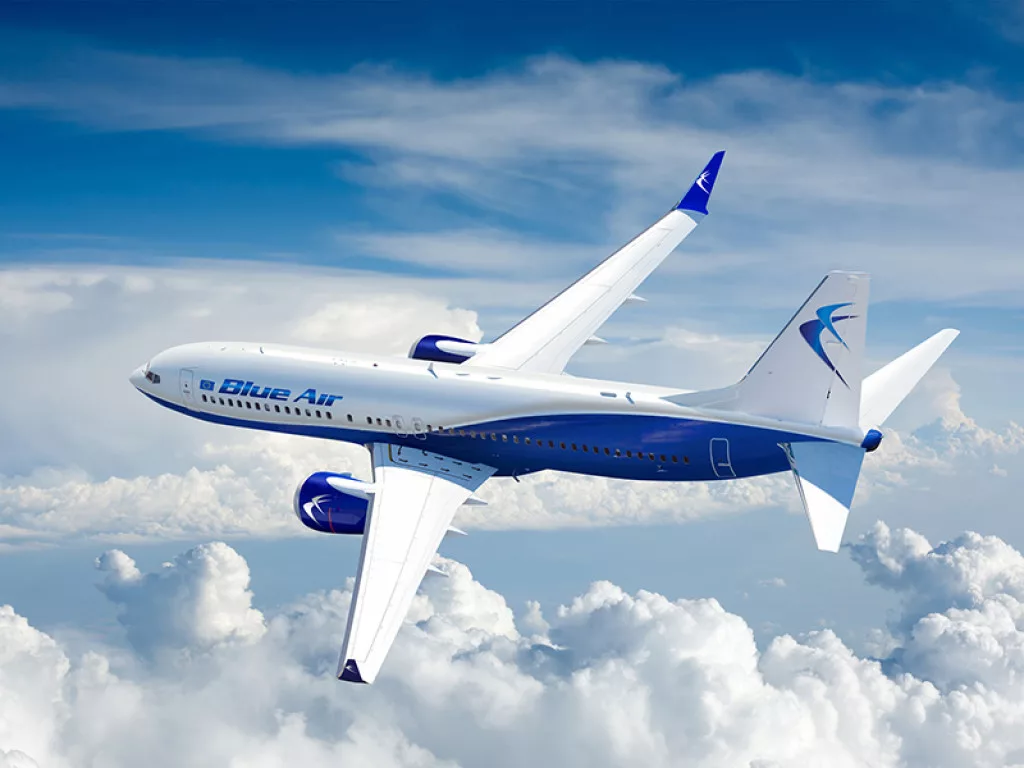
“We have a saying in Romania, that people are the ones that sanctify a place,” he continues. “Besides the beautiful team here made up of dedicated professionals, the direction of the company and its approach to the passenger, in terms of service and dedication to the passenger needs, is a Blue Air hallmark.”
And this will be critical when the country starts to travel again.
Having built up a reputation for customer care and service excellence over many years, Blue Air will be ready and waiting to serve passengers once restrictions are lifted.
But this will not result in an end to financial hardship says Bogdan, of the belief that the economic consequences could be as threatening than the virus itself, with poverty increases likely to occur as economies fight to get back on their feet.
“However, the working class will do their best to restart the economy and to provide for their families. Of course, the lockdown measures will be relaxed step by step and dependent on a continuously evolving situation.
“Tourism may not recover quickly, and my guess is that normal airline passenger traffic may take two or three years to return, I am hopeful for a bounce in people travelling with work and business. Finding a cure and developing a vaccine for the virus will greatly help economies to kickstart again, and with that our industry will recover faster.”
